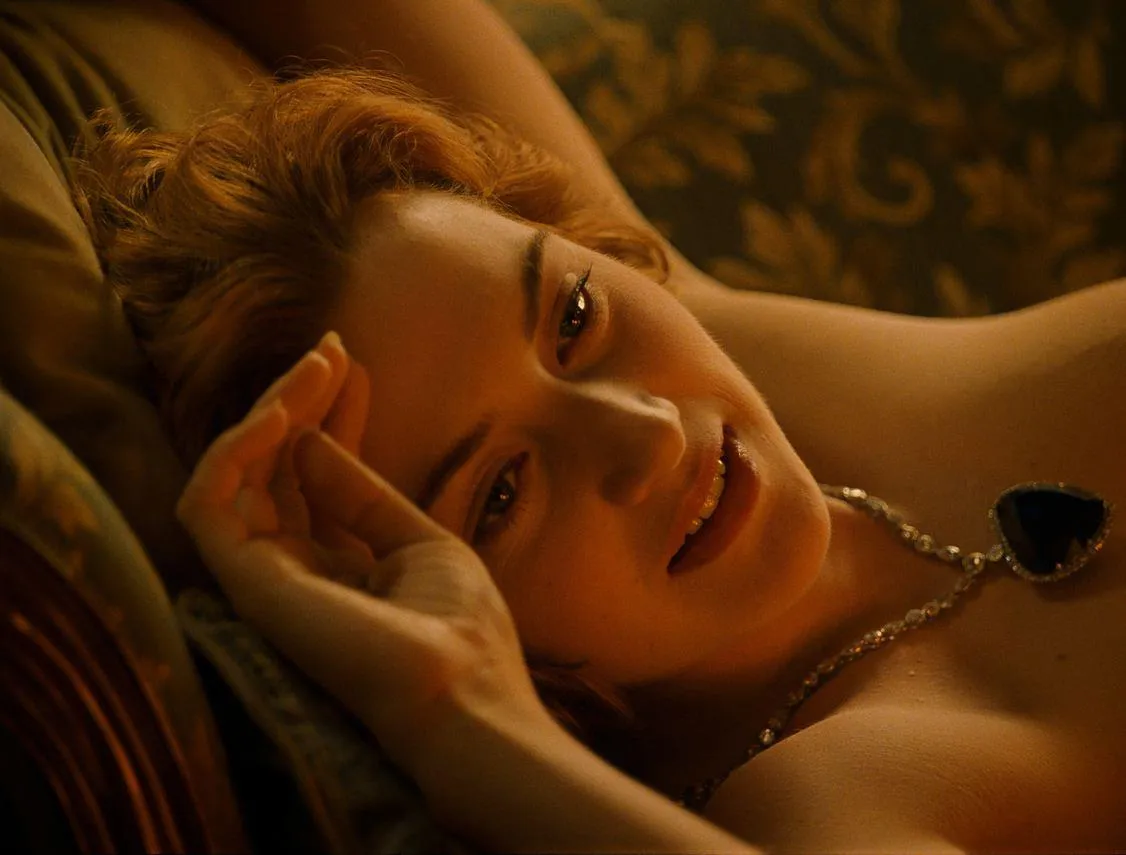Article: The Mortician – A Slow-Burning Tale of Loss, Redemption, and Silence
Released in 2011 and directed by Gareth Maxwell Roberts, The Mortician is a brooding crime drama that blends neo-noir aesthetics with a deeply introspective character study. Starring Method Man in a surprisingly restrained and thoughtful performance, the film explores themes of trauma, isolation, and redemption through the eyes of a man whose job is to prepare the dead, but who must learn how to reconnect with the living. Visually atmospheric and emotionally haunting, The Mortician is a film that favors mood and symbolism over action, offering a quiet yet powerful look at inner healing in the bleakest of settings.
The story is set in a desolate, unnamed urban landscape filled with decay and crime. Method Man plays the titular Mortician, a solitary figure whose life revolves around his work at a rundown morgue. Scarred by a traumatic childhood event—his mother’s sudden disappearance—he has grown emotionally numb, living in self-imposed isolation and avoiding personal connections. He finds solace only in the quiet company of the dead, whom he treats with respect and care.

The narrative shifts when the body of a murdered woman is brought to the morgue, accompanied by the arrival of her young son, Kane (played by Cruz Santiago), who has been hiding in the building. As the Mortician reluctantly takes in the frightened boy, he is forced to confront his past and his buried emotions. At the same time, the boy is being hunted by the same dangerous gang members responsible for his mother’s death, including the brutal gangster Carver (Dash Mihok). What unfolds is not a typical thriller, but a slow-burning emotional journey where both the Mortician and the boy learn to trust, protect, and eventually heal.
Method Man delivers a performance that is quiet, internalized, and surprisingly moving. Known primarily for his music and tough-guy persona, he sheds all bravado here, portraying a man broken by years of silence and pain. His restrained expressions and body language speak louder than dialogue, making his character’s arc toward emotional reawakening all the more impactful. Young Cruz Santiago brings innocence and vulnerability to the role of Kane, and their unlikely bond forms the emotional core of the film.

Stylistically, The Mortician is heavily influenced by noir and dystopian cinema. The cinematography, with its dark color palette, harsh shadows, and surreal industrial landscapes, creates an oppressive and haunting atmosphere. The use of CGI to enhance the decaying city adds a dreamlike, almost post-apocalyptic feel to the setting. The score by Mike Patton (of Faith No More) adds further depth, enhancing the film’s emotional and psychological tension with eerie soundscapes.
While The Mortician may not be for everyone—its slow pacing and minimal dialogue may challenge viewers seeking conventional action or plot twists—it rewards patience with a poetic, meditative look at grief and human connection. It’s a film that communicates not through spectacle, but through subtle transformation and emotional truth.
In conclusion, The Mortician is an underrated indie gem that uses its grim setting and minimalist style to explore themes of redemption, fatherhood, and forgiveness. With strong visual storytelling and a standout performance from Method Man, it quietly carves out its place as a unique entry in modern urban dramas.


-1752032728-q80.webp)
